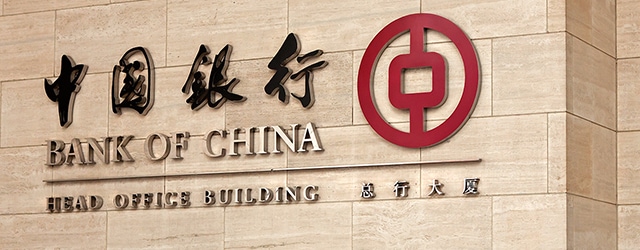China joinsThailand and HSBC Singapore in issuing blockchain-based bond issuance pilots.

The Bank of China (BOC) announced in December that it had issued $2.8 billion (19.4 billion yuan) of bonds on a blockchain platform, a first for China and evidence of its pivot to digital ledger technology.
The bond is a two-year fixed interest rate product with a final coupon rate of 3.25% and a subscription multiple of approximately 2.7 times, according to a statement by the BOC, one of China’s big four state-owned commercial banks. The system the bank developed “uses the blockchain network as the underlying platform to support on-chain interaction and deposit of key information and documents during the bond issuance process.” The funds are being raised to support China’s small and micro-size enterprises.
Thailand and HSBC Singapore were also running blockchain-based bond issuance pilots as of late 2019. Issuers cite reduced costs, greater investor access and heightened efficiency as reasons for embracing digital ledger technology.
Santander Bank, a DLT leader, in September issued what it claimed was the first end-to-end blockchain bond, with an early redemption in December. The deal proved “unequivocally that a debt security can be managed through its full lifecycle on a blockchain, public in this case,” says John Whelan, head of Digital Investment Banking at Santander.



